In the world of Ved, the Ph.D. degree is the highest degree in Ved. This degree is an advanced level of research in the Vedic sciences. The Ph.D. degree consists of one to three years of study. A Ph.D. is considered to be the top-level degree of study in the Vedic sciences. The doctorate degree is the highest degree awarded to Ved practitioners. It is a highly specialized degree and is the highest qualification in Ved.
Those pursuing a Ph.D. degree must have completed a B.Ed degree before pursuing their Ph.D. After completing the Ph.D., they can apply for a lectureship. In this case, there is no need to pass a NET exam since they will be a full-time Ph.D. scholar. Once they have completed their Ph.D., they are eligible for a lecturer post and will not need to take the NET exam.
After earning their doctorate degree, Ved practitioners can apply for a post in an academic institute or university. Most institutes require candidates to complete a minimum of two years of postgraduate work. In addition, the Ph.D. students must take all the required examinations. They must also write and submit their dissertation, which summarizes their research. Finally, a public oral examination is held to evaluate their work. The supervisory committee must have a thorough knowledge of their field.
Ph.D. in Ved Eligibility
Candidates who want to take admission in Ph.D. must have a post-graduate degree in Ved and its relevant discipline with at least 55% marks from a recognized university and must have passed the national level entrance examination or university level entrance examination. National level entrance exams like UGC NET / UGC CSIR NET / GATE / SLET or University entrance exams consist of written tests and personal interviews.
The Benefits of a Ph.D. in Ved
Taking a Ph.D. in Ved is a great career move. While the average "9 to 5" job allows you to leave work behind when you're done with your day, the Ph.D. program is different. You have to work when you can, even at 1 a.m. Some graduate students are expected to work on weekends as well. This means working on data analysis or literature search, which could be time-consuming but is well worth it if you enjoy a challenge.
After you've finished your Ph.D., you'll be able to use your research to advance the field of Ved. Not only will your Ph.D. degree give you the opportunity to write books and publish articles, but you'll also be able to present your research in a way that will help advance Ved studies. Another major advantage of a Ph.D. in Ved is the prestige. You'll have the chance to challenge the status quo and gain the respect of your peers.
A Ph.D. in Ved will give you a unique perspective and an edge over your competition. You'll have access to a vast array of resources and contacts in the field. This will allow you to be more competitive in your field. You'll be able to take part in research projects related to Ved that you're passionate about. You'll also have the chance to make close connections with professors and other experts.
The Career and Job Opportunities of Ph.D. in Ved
A Ph.D. in Ved is a terminal degree. The program requires three to six years of full-time study and admission is based on an entrance exam. Many graduate students who earn their doctorates find employment in various fields, such as business analysts, research scientists, or human resource managers. Others may find employment in the arts as a professor, content writer, or economist. Ph.D. in Ved graduates can also pursue careers in engineering, medicine, and other fields.
The completion of a Ph.D. program is the first step to obtaining a job. After finishing your B.Ed degree, you can then pursue your Ph.D. You must pass the relevant Ph.D. exams to qualify for a tenure track. Once you have completed your degree, you must successfully defend your dissertation in a public oral examination. Once you have completed your doctoral degree, you must find a job as an educator.
Those who have completed their B. Ed degree must take up a Ph.D. program to become a teacher. However, if you plan to teach, you must be ready to work full-time. A B.Ed degree will be a valuable asset when you start your career in Ved. The benefits of this post-graduate degree are numerous. Once you have a doctorate in Ved, you are well-equipped to pursue a teaching career.
The Future Scope of a Ph.D. in Ved
The future scope of a Ph.D. in Ved is enormous. This degree opens the doors for many careers, from academia to teaching. The scope is unlimited. The potential for leadership and creativity is limitless. A Ph.D. in Ved can take you from student to professor in a matter of a few years. You can also opt to teach Ved at colleges and universities. And that's just the beginning of the exciting future.
The degree is a research doctorate. It focuses on a specific area and is awarded by a university or an academic institution. It prepares students for a wide range of careers, including academic, administrative, clinical, and research positions. It is offered in several countries. However, it is not widely accepted. This degree is only suitable for students who are interested in teaching or educating children and adults.
A Ph.D. in Ved requires a candidate to complete the required theoretical work and to pass all necessary Ph.D. examinations. After this, they need to write a dissertation, which is a presentation of their research. A Ph.D. in Ved requires the successful defense of a thesis, and it is important to note that a supervisory committee will need to be composed of experts in the discipline.
Ph.D. Research Programme duration
The Ph.D. in Ved course is a minimum of 3 years and a maximum of 5 in duration. This depends on the university offering the course.
Fees for research program for Ved
The average fee for Ph.D. in Ved degree is between INR 50000 and INR 500000.
 5 Years
5 Years
 PhD
PhD
 Research
Research








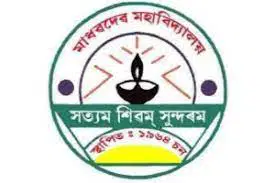

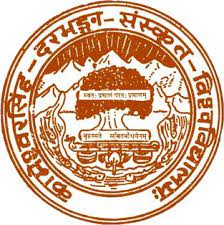

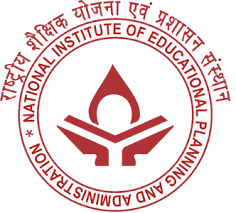
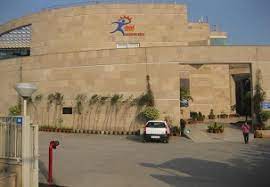


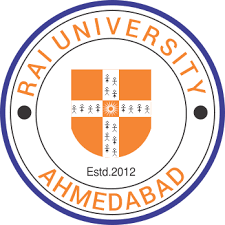
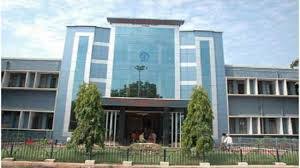


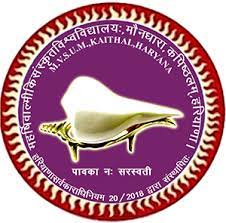






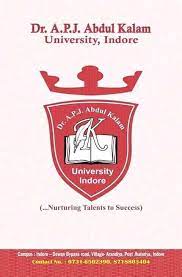

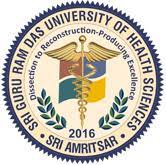
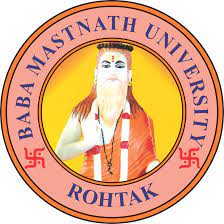


 back
back